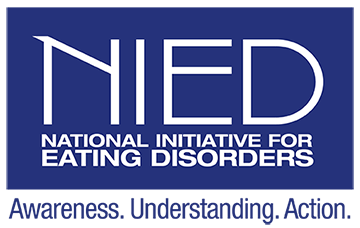
Several standards1 and expectations2 already exist in Canada and elsewhere regarding what quality care and support should look like for people affected directly and indirectly by Eating Disorders. Unfortunately, to our knowledge, there is no single resource available in Canada that outlines, in a systematic way, what high-quality care for supporting recovery from an Eating Disorder look likes.
Inspired by feedback NIED has received regarding experiences with care from people with Eating Disorders, caregivers, professionals and providers over the last 4 years, we have carefully reviewed a number of voluntary mental health care standards and guidelines to create a draft set of quality dimensions specifically aimed at supporting recovery from Eating Disorders.
Based on our preliminary review of this feedback, relevant research literature on health care quality as well as Eating Disorders quality standards in the United Kingdom, NIED will engage stakeholders in 2021 to create Quality Eating Disorders Care and Support Standards for Canada. This Framework will inform the development of our new NIED Quality education program, launching in late 2021.
